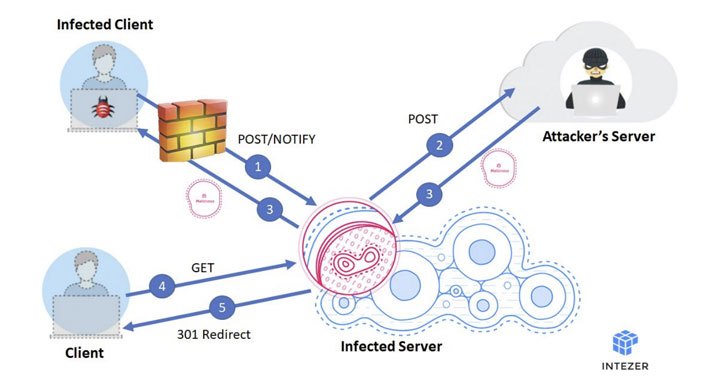The backdoor, called Blackrota, was first discovered in a honeypot owned by researchers, attempting to exploit an unauthorized-access vulnerability in the Docker Remote API.
Stantinko, an adware and coin-miner botnet targeting Russia, Ukraine, Belarus, and Kazakhstan at least since 2012 has now set its sights on Linux servers to fly under the radar.
Lightspin, a new cloud security startup founded by former white-hat hackers, today emerged from stealth with a $4 million seed round to close cloud security gaps in business environments.
Suspected state-sponsored hackers are trying to exploit a five-month-old vulnerability in popular mobile device management software to target a range of U.K. organizations, the UK government warned.
Telecom companies face hefty fines if they don’t comply with strict new security rules under a new law proposed in UK Parliament that is aimed at blocking high-risk equipment suppliers like Huawei.
A network interruption resulting from a ransomware attack on a hosting provider has limited functionality of the Arizona state court system’s webpage for most of this week.
Muhammed Taskiran, a 20-year-old researcher based in Germany, informed TikTok in late August that a URL parameter on tiktok.com was “reflecting its value without being properly sanitized.”
The issue is related to the PerformTicketSignature registry subkey value in CVE-2020-17049, a security feature bypass bug in Kerberos KDC that Microsoft fixed in November 2020 Patch Tuesday.
Security researchers have detected a new strain of Android malware being currently distributed in the wild, primarily targeting users located in Southeast Asia via WAP billing fraud.
Two Android applications belonging to Chinese tech giant Baidu have been removed from the official Google Play Store at the end of October after they’ve been caught collecting sensitive user details.





